Mamdani is promising government-run grocery stores. How would that work?
The goal: to make food cheaper and more accessible

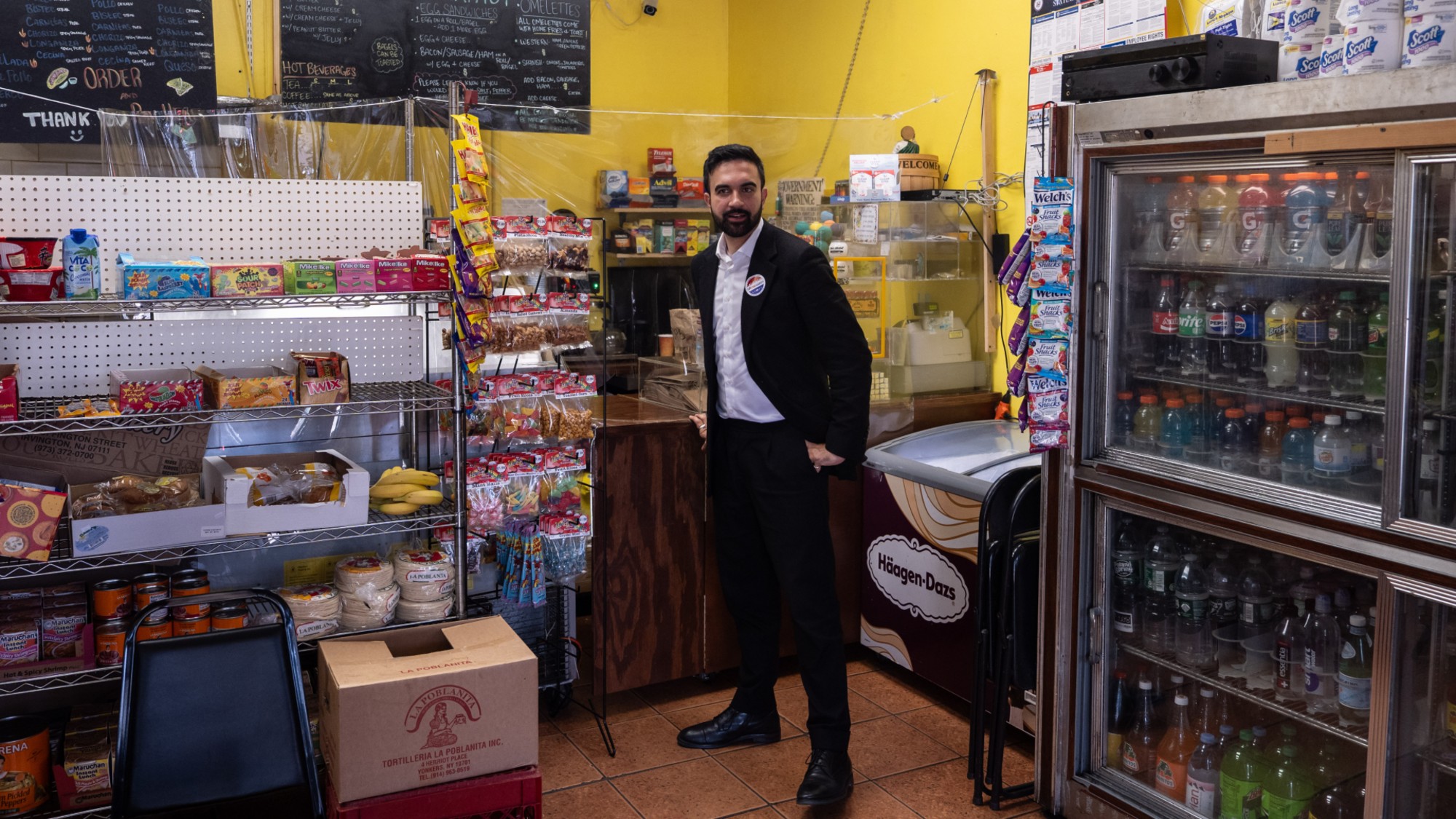
A free daily email with the biggest news stories of the day – and the best features from TheWeek.com
You are now subscribed
Your newsletter sign-up was successful
Do groceries and government go together? Zohran Mamdani, the New York City mayoral candidate, thinks so. He wants to open five publicly owned groceries across the city to provide low-cost food to underserved New Yorkers. Critics say the proposal smacks of "Soviet bread lines."
Mamdani's idea is "less radical than critics portray," said CNN. City-owned grocery stores have popped up in small towns like Saint Paul, Kansas and big cities like Atlanta. That makes them "more common than people are aware of," said Nevin Cohen, director of the City University of New York's Urban Food Policy Institute. Mamdani's plan is light on details so far, but he wants to open one store in each of the city's five boroughs. The idea is a bit of "reasonable policy experimentation," he said.
'The system that feeds the world'
Public grocery stores can "provide crucial resources at lower prices" in places where fresh food is scarce, said Glenn Daigon at The Progressive. The government-owned stores aim to "remove profit from the equation," said Erion Benjamin Malasi of the Economic Security Project. But grocers have "among the lowest margins of any business in America," said The Economist. That suggests public stores would sell food just a "smidge more cheaply than conventional grocers."
The Week
Escape your echo chamber. Get the facts behind the news, plus analysis from multiple perspectives.

Sign up for The Week's Free Newsletters
From our morning news briefing to a weekly Good News Newsletter, get the best of The Week delivered directly to your inbox.
From our morning news briefing to a weekly Good News Newsletter, get the best of The Week delivered directly to your inbox.
Mamdani's proposal would "collapse our food supply, kill private industry" and drag New York "toward the bread lines of the old Soviet Union," grocery store magnate John Catsimatidis said at The Wall Street Journal. Better to offer tax incentives to help struggling grocers instead of promoting "forced takeovers of private enterprise." Government-owned stores would elbow aside New York's bodegas, delis and community supermarkets. Capitalism is not perfect, "but it's the only system that feeds the world."
New Yorkers 'pushed out' by prices
City-owned stores could be a "bold fix for food insecurity," said Food Tank. The "growing trend" of government stores is "helping us reimagine what type of food system we want," said Fresno State University sociology professor Justin Myers. There are plenty of successful models for the public option, "including commissaries on military bases and state-owned liquor stores." The Department of Defense is "one of the largest food vendors in the country," said Wesleyan University professor Christine C. Caruso.
Government groceries are just one of the items on Mamdani's "affordability agenda." The city has seen "more and more working people are being pushed out" by high prices, he said to NPR. He has also proposed providing free child care, raising the minimum wage to $30 and raising taxes on New York corporations. That raises the question of whether his "campaign promises can become reality," said The New York Times. The grocery proposal is "certainly doable," said James Parrott, the city's former chief economist. But a broader backlash from business interests, said the Times, could "stymie his ambitious agenda."
A free daily email with the biggest news stories of the day – and the best features from TheWeek.com
Joel Mathis is a writer with 30 years of newspaper and online journalism experience. His work also regularly appears in National Geographic and The Kansas City Star. His awards include best online commentary at the Online News Association and (twice) at the City and Regional Magazine Association.
-
 Political cartoons for February 15
Political cartoons for February 15Cartoons Sunday's political cartoons include political ventriloquism, Europe in the middle, and more
-
 The broken water companies failing England and Wales
The broken water companies failing England and WalesExplainer With rising bills, deteriorating river health and a lack of investment, regulators face an uphill battle to stabilise the industry
-
 A thrilling foodie city in northern Japan
A thrilling foodie city in northern JapanThe Week Recommends The food scene here is ‘unspoilt’ and ‘fun’
-
 ‘No one is exempt from responsibility, and especially not elite sport circuits’
‘No one is exempt from responsibility, and especially not elite sport circuits’Instant Opinion Opinion, comment and editorials of the day
-
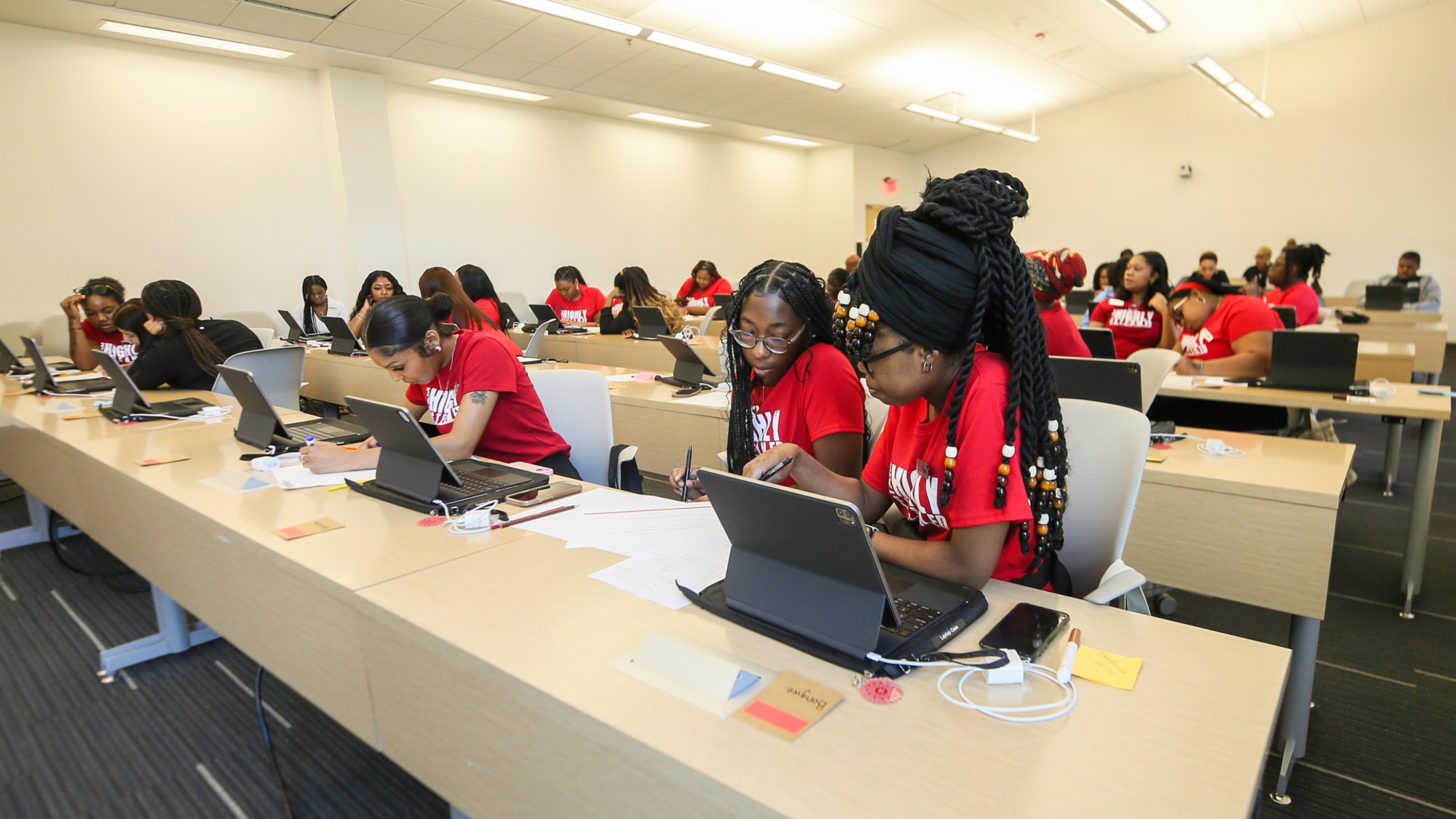 ‘We know how to make our educational system world-class again’
‘We know how to make our educational system world-class again’Instant Opinion Opinion, comment and editorials of the day
-
 ‘One day fentanyl will come back — and there will be little anyone can do’
‘One day fentanyl will come back — and there will be little anyone can do’Instant Opinion Opinion, comment and editorials of the day
-
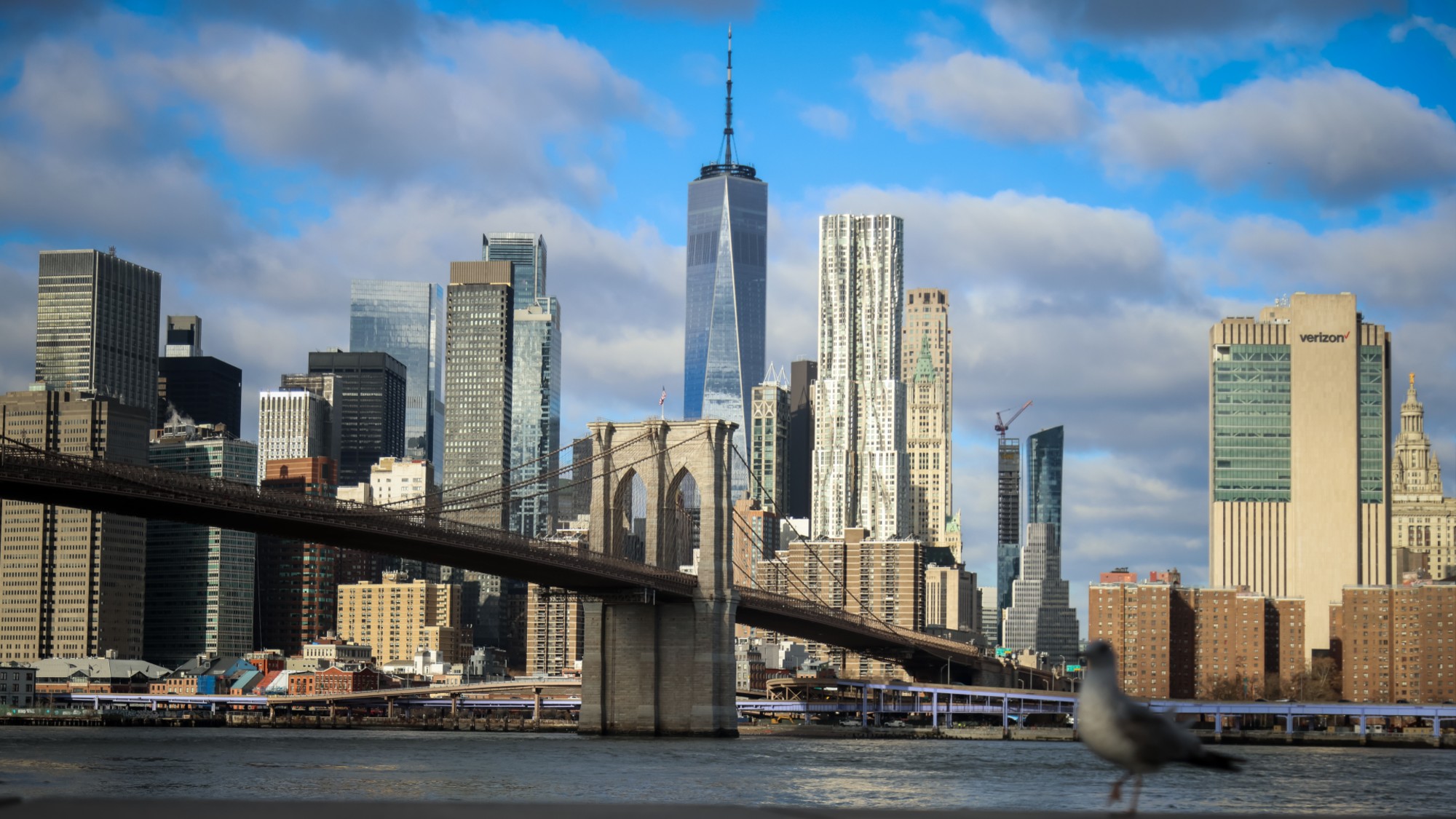 ‘Maps are the ideal metaphor for our models of what the world might be’
‘Maps are the ideal metaphor for our models of what the world might be’Instant Opinion Opinion, comment and editorials of the day
-
 Mamdani vows big changes as New York’s new mayor
Mamdani vows big changes as New York’s new mayorSpeed Read
-
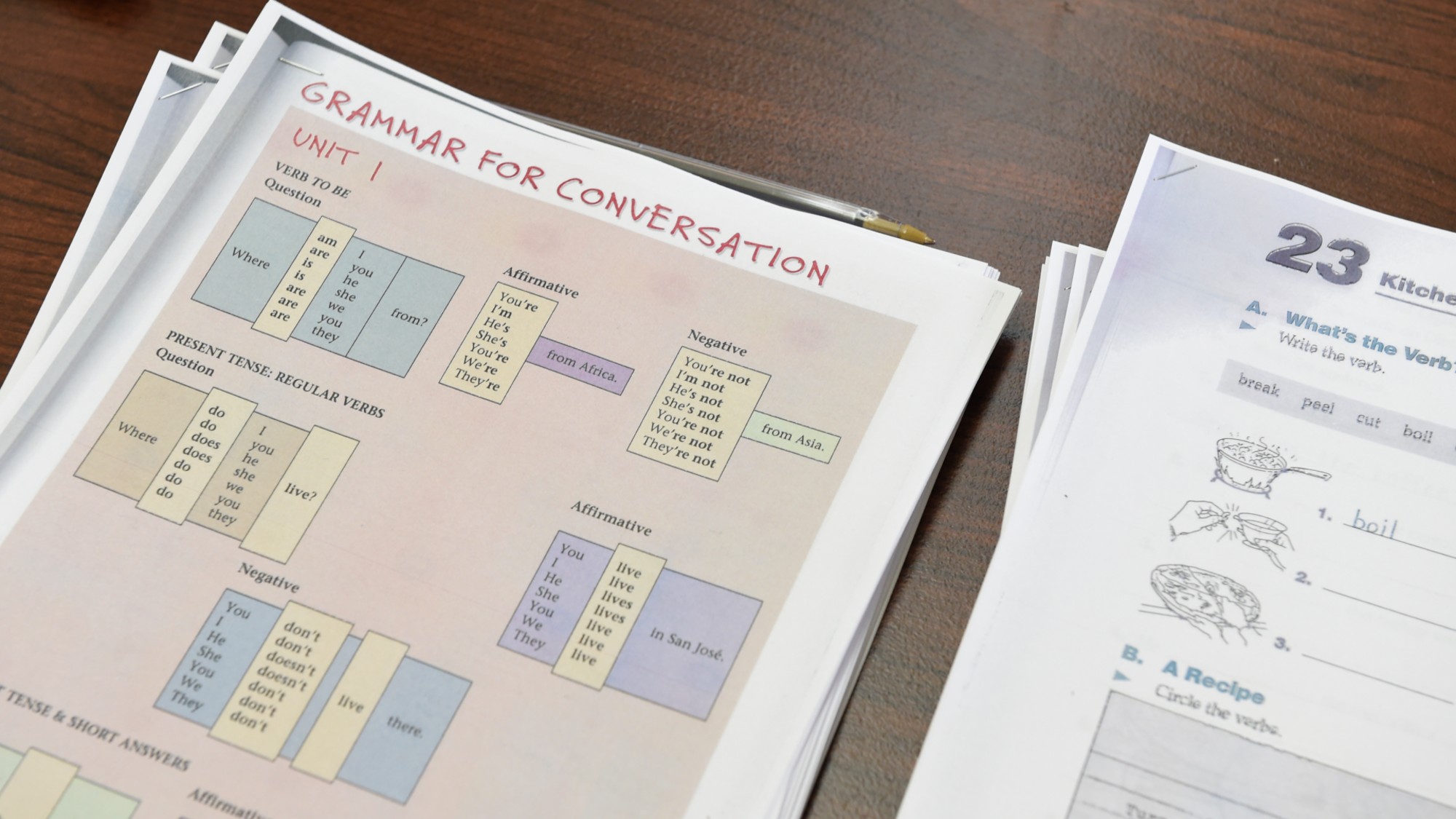 ‘Every teacher is a literacy teacher’
‘Every teacher is a literacy teacher’Instant Opinion Opinion, comment and editorials of the day
-
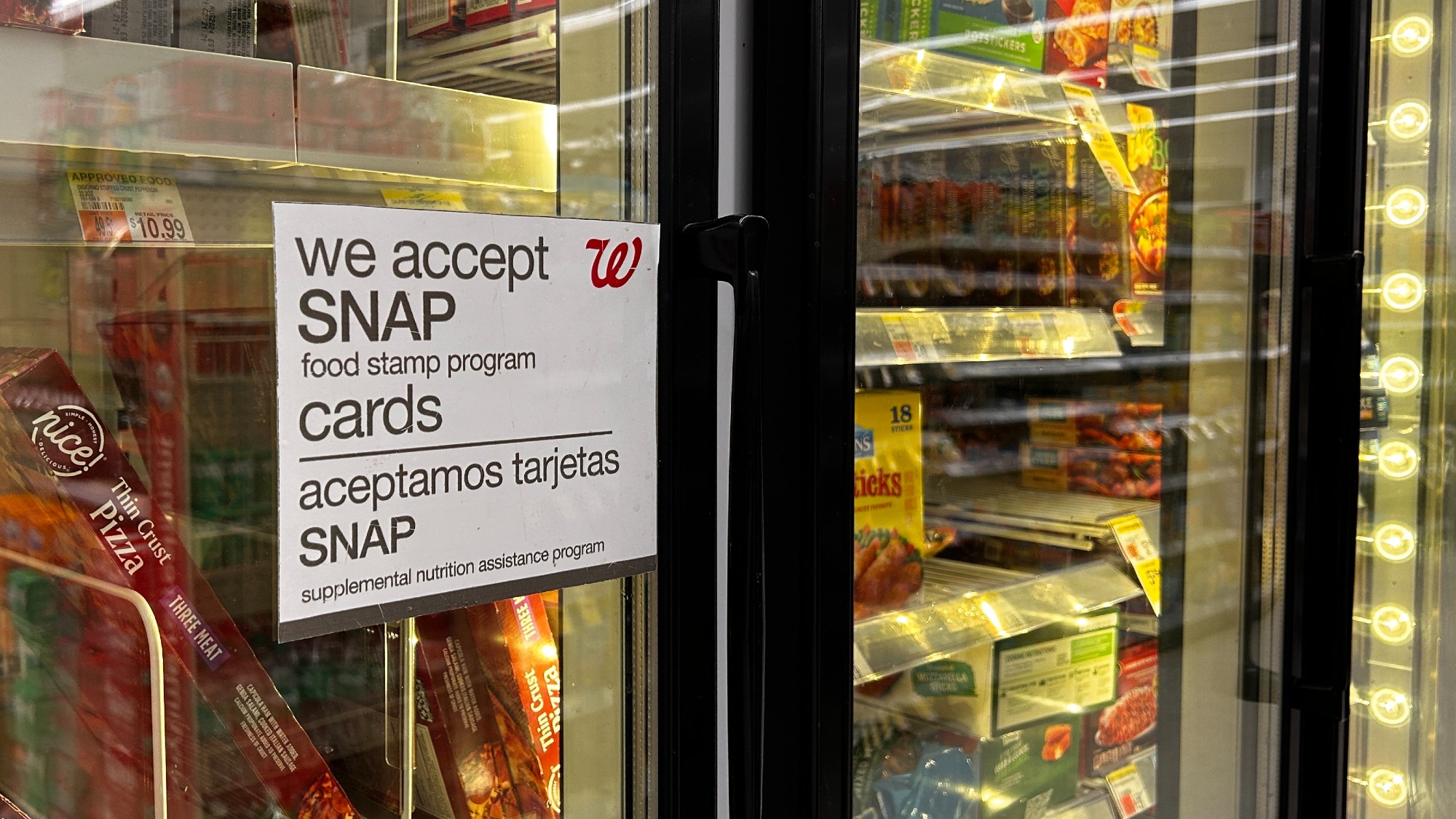 Trump ordered to fully fund SNAP
Trump ordered to fully fund SNAPSpeed Read The Justice Department is appealing the decision
-
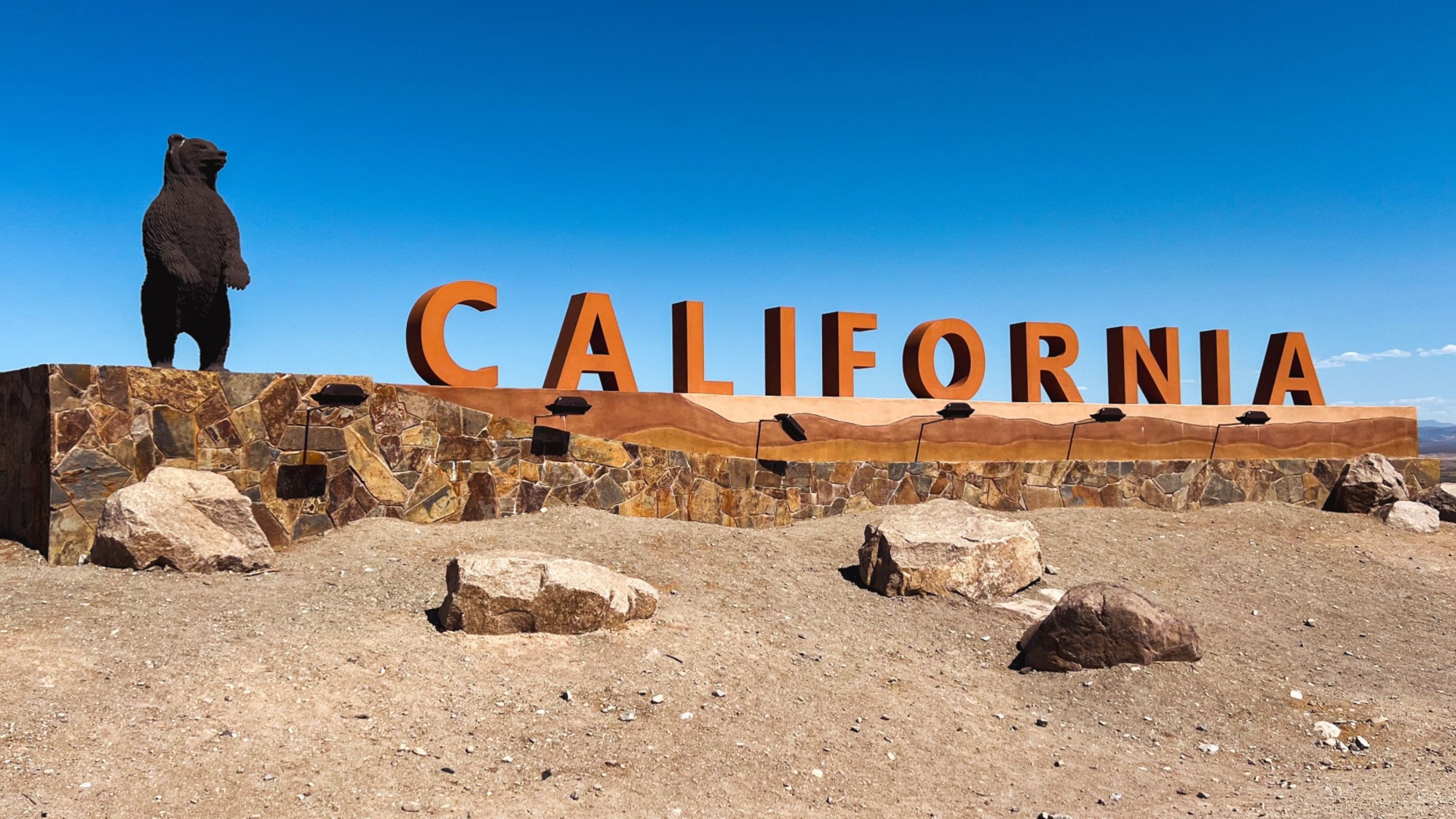 ‘These wouldn’t be playgrounds for billionaires’
‘These wouldn’t be playgrounds for billionaires’Instant Opinion Opinion, comment and editorials of the day
